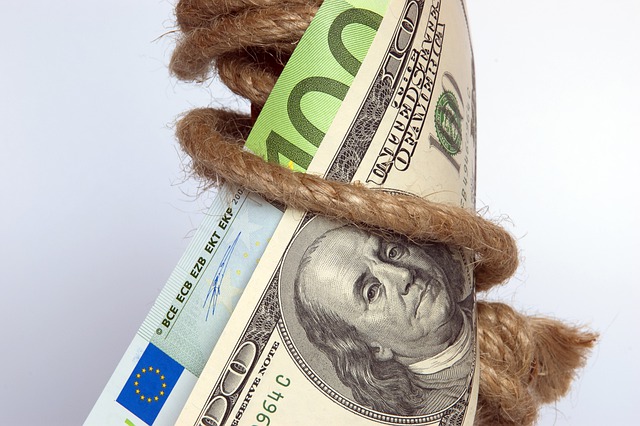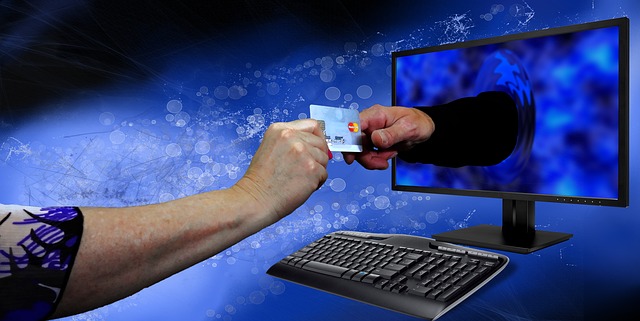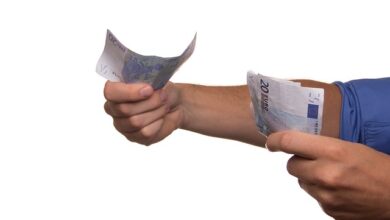Escrow Accounts: What are They and How do They Work?

Escrow is a legal term that refers to a financial arrangement in which a third party holds an asset or money on behalf of two other parties who are carrying out a transaction. The escrow agent is in charge of escrow accounts. When both parties meet the specific contractual requirements, the agent only releases the assets or monies (or upon receiving appropriate instructions). Escrow can hold assets such as money, securities, and cash.
Knowing Escrow
Escrow is a financial procedure used when two parties participate in a transaction but there is doubt about whether their commitments will be met. It may become handy in several situations. Examples of such situations include online transactions, banking, the sale of real estate, the transfer of intellectual property, acquisitions and mergers, and more.
Think about a business that sells items abroad. The corporation needs confirmation that there will be full payments of the goods when the items arrive at their destination. On their side, the buyer is only willing to pay for the items after delivery and in acceptable shape.
The buyer can ask an agent to hold the money in escrow with instructions to release it to the seller once he receives the products in an acceptable condition. Both parties are safeguarded in this way, and the deal may go through.
Read: Blockchain-based Notary: Does it Work?
How does an Escrow Account Work?
Escrow accounts act as a dependable third party to gather, retain, and only release cash when both Buyers and Sellers are pleased, hence lowering the chance of fraud.
- Step 1: Agreeable terms between the contracting parties, and then either the buyer or the seller starts the transaction. All parties acknowledge and accept the conditions of the deal after registering with Escrow.com.
- Step 2: The buyer makes payment to the Escrow account. After it verifies the payment and informs the Seller that the funds are now “In Escrow,” the Buyer transfers monies to our safe Escrow Account using an authorized payment method.
- Step 3: Seller sends goods to Buyer: The Seller then starts to transfer the goods and provides tracking details after the payment verification. Escrow.com confirms that the Buyer really received the goods.
- Step 4: Buyer accepts the product – The client has a certain period of time to check the product and decide whether to accept or reject it. The buyer accepts the product.
- Step 5: The escrow account rewards the seller by releasing money to the seller.
Types of Escrows
i. Real Estate
A common worry when purchasing any sort of property is that the client will complete the whole amount yet still not receive possession on schedule. As a result, the buyer places the funds in an escrow account, which reduces this danger. After the buyer gets the home ownership, the contractor will then get the money later.

ii. Business Deals (Mergers, Acquisitions, and Other Transactions)
Escrows are important in commercial transactions. The acquirer might, for instance, put the deal’s money into an account. The escrow transfers this money to the target company after it has complete ownership of the target company. For credit sales, parties these accounts services for both products and services.
Read: How To Protect Your Money When Buying an Online Business
iii. Project Financing
Banks are concerned that a business may use the project money to fund other endeavours. Banks and businesses concur to move the loan money to an escrow account in such circumstances. In order to complete the project, the escrow makes partial payments at certain points along the way.
iv. The Issuance of Shares
Escrow shares are held in a third-party account until they are issued. After a number of requirements are completed, the money is distributed to the stockholders. As an illustration, many businesses offer limited shares to their staff as remuneration. But only after meeting the prerequisites can the employees redeem these shares.
v. Public-private Collaborations
There are several initiatives in which both public and private organizations participate. Most people employ profit-sharing arrangements in these situations. For example, partners will need two instances of income-sharing toll booths and coal mining. The third-party makes sure that everyone follows the contract’s guidelines.
vi. Internet Sales
The degree of trust in internet transactions is really low. The buyer is unclear about whether the seller will ever deliver goods or whether they will fulfil expectations. As a result, in these transactions, the buyer pays an escrow. Only after delivery and product verification does the escrow reimburse the seller.
vii. Insurance and Taxes
Additionally, homeowners who may be mortgage or home loan providers can use Escrows. This makes it easier to pay insurance payments on a regular basis even taxes.
Advantages
- Escrow guarantees that the parties to a contract honestly execute their obligations, resulting in safe and secure transactions. This makes the transaction almost risk-free.
- Building Trust: Using escrow allows for greater levels of trust between parties. This results in further future deals where both sides profit.
- Mortgage companies or house loan providers can use escrows by homeowners to facilitate monthly insurance and tax payments. This agreement aids homeowners in making on-time loans and mortgage payments.
- Customized Transactions: This type of account has terms that are specifically related to the agreement between the two parties.
- Money-Back Guarantee: The buyer will receive their money back from the vendor if they don’t deliver the promised products or services or don’t live up to expectations.
Read: Start-Up Loan: 5 Most Important Things to Know Before Applying

Disadvantages
When an escrow account is formed for insurance and tax purposes, there are a number of drawbacks. The tax amount might be calculated improperly by the escrow. Property value fluctuations can be to blame for this. Additionally, when taxes and insurance premiums are included, monthly mortgage payments can be rather substantial.
Additionally, there is a danger of falling victim to scams. To deceive the parties and steal their money, some criminals set up phoney accounts. Furthermore, depending on the method of payment, escrow costs might occasionally be very high.
Summary
Real estate, stock issuances, and online sales are just a few of the many transactions that can use escrow. Prior to the completion of the transaction or the buyer’s ability to receive the product or confirm its quality, the buyer’s money is kept in an account.
The money from the escrow account is released to the seller after the buyer approves the deal. Usually, the organization in charge of the escrow account charges a fee for providing the third-party service.
Related Articles:
5 Safest Ways to Make Transactions Online
6 Ways to Start Accepting Crypto Payments on your Website




